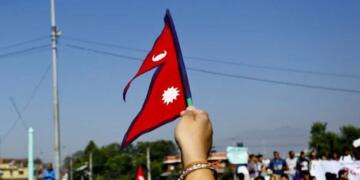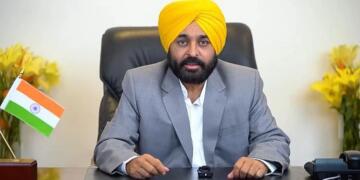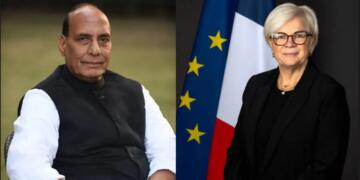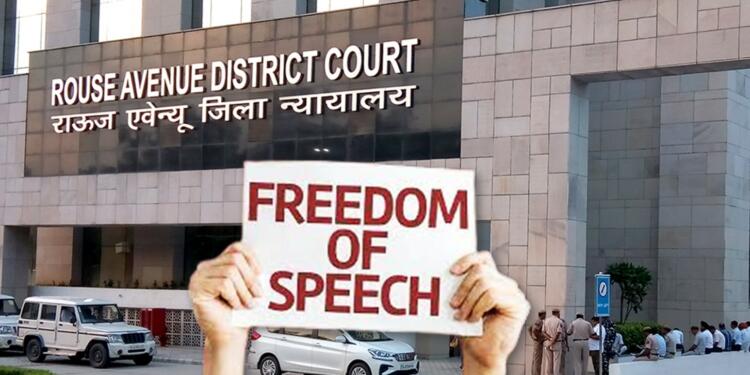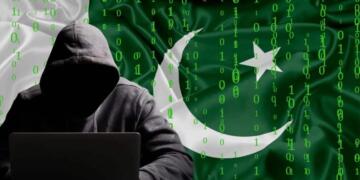MLA KT Jaleel case: Freedom of speech is the bedrock of any society. It is the only thing that people at the lower rungs of the society have. It is this right that enabled the courageous Bihari girl to face the might of an IAS officer. However, things get complicated when people at the top start to use it for nefarious gains.
MLA KT Jaleel ‘not guilty’
Recently, Harjeet Singh Jaspal, Chief Metropolitan Magistrate of Rouse Avenue Courts, gave a judgement that looked bizarre at first sight. The case was related to Kerala MLA KT Jaleel. In one of his tweets, he had called PoK as Azad Kashmir and J&K as India Occupied Kashmir. An FIR was filed against him. The charges include sedition, spreading religious hatred and intent to breach peace among others. The Petition was filed under sections 124A, 153A, 153B, 504, 505 (1) and 505(2) of IPC.
Also read:- Kerala High Court shows the mirror on privilege status
The Honourable Court did express anguish over Jaleel’s statement, but it was also not happy with the petitioner’s prediction about the impact of the statement. The Magistrate did not agree with the contention that such a statement by a public official could create a law-and-order situation. The Court termed the statement as offensive to society, but said that Jaleel is entitled to say this under free speech. Effectively terming society’s anguish as non-consequential, the Court said, “it must be kept in mind that the freedom of speech protects actions that the society may find very offensive. The society’s outrage alone is not justification for suppressing free speech.”
Confusion regarding free speech
Society’s outrage alone is not a justification to suppress free speech. This is what confuses us. The Court was just following the Apex Court’s guidelines on free speech. Throughout the course of last 7 and half decades, the Supreme Court has been quite liberal towards freedom of speech. Learned judges are well aware of how the legal system was used by the British to scuttle Indian voices. They did not want to repeat it in politically independent India.
Courts did it through thorough readings of Article 19. While the said Article does provide for free speech, it also enables government to impose control on it if the speech goes against
- Sovereignty and integrity of India
- The security of the State
- Friendly relations with foreign States
- Public order
- Decency or morality or in relation to contempt of court
- And defamation or incitement to an offence.
Most of these balances available with the government rarely occur in daily lives. However, few do and that too on a daily basis.
Speech needs to have causal connection with violence
Public order and violence are at risk almost every day due to uncontrolled free speech. However, the Supreme Court in the Ram Manohar Lohia Case said that speech can be controlled only if there is a proximate and imminent connection between someone’s speech and violence. In other words, until the Courts are sure that someone’s speech did not incite people to create ruckus, that person can keep going.
The Court has followed this in their judgements. However, in non-recorded statements, honourable SC recused itself from applying this principle. When Nupur Sharma wanted to club the multiple FIRs on her, the Supreme Court directly held her responsible for the gruesome beheading of Kanhaiya Lal by Islamists. It is true that it was an oral remark and SC had to face backlash for it. But the fact still remains that the SC drew an inference without any substantive link.
Also read:-The Gyanvapi Case will be the final nail in the coffin of an anti-Hindu act
Coming back to the MLA KT Jaleel case, there was no direct violence. However, his statement was contrary to the sovereignty of India. But the Court termed it as “unpopular, outrageous and rather offensive.” The Court did not term it as harm to the sovereignty of India since Jaleel did not call to raise arms against the sovereign state.
Going by Obiter dicta of the SC in Nupur Sharma Case, the court should have taken cognisance of the fact that MLA KT Jaleel is a popular personality and his words will have an impact on the social fabric of India. Letting such a remark go scot-free will only enable other elements to spread such lies. Surely, Jaleel did not incite violence, but his words can be used by nefarious elements to incite one.
Support TFI:
Support us to strengthen the ‘Right’ ideology of cultural nationalism by purchasing the best quality garments from TFI-STORE.COM


